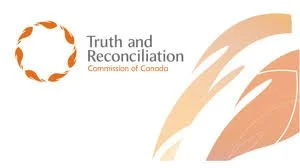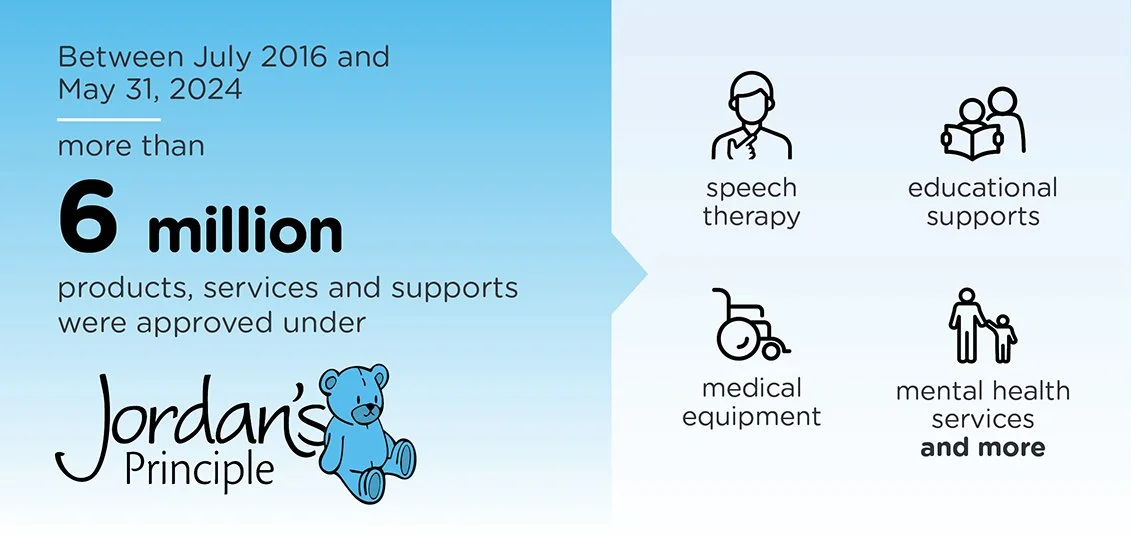
Indigenous Services
Indigenous communities across North America have been at the forefront of healing programs from Alcohol-related challenges for decades.
Truth & Reconciliation and FASD
Self-medication from the ramifications of colonization, residential schools, and cultural displacement has been self-identified as a major issue for Indigenous communities across North America. Holistic healing and FASD programs based on millennia of teachings and land-based medicines provide excellent service examples for non-indigenous cultures. We can learn much here in Nova Scotia (Mi’kma’ki).
The Truth and Reconciliation Commission of Canada was a commission active in Canada from 2008 to 2015, organized by the parties of the Indian Residential Schools Settlement Agreement. From it came two calls to action specific to FASD.
Call to Action 33:
We call upon the federal, provincial, and territorial governments to recognize as a high priority the need to address and prevent Fetal Alcohol Spectrum Disorder (FASD), and to develop, in collaboration with Aboriginal people, FASD preventive programs that can be delivered in a culturally appropriate manner.
Call to Action 34:
We call upon the governments of Canada, the provinces, and territories to undertake reforms to the criminal justice system to better address the needs of offenders with Fetal Alcohol Spectrum Disorder (FASD), including:
i. Providing increased community resources and powers for courts to ensure that fasd is properly diagnosed, and that appropriate community supports are in place for those with FASD.
ii. Enacting statutory exemptions from mandatory minimum sentences of imprisonment for offenders affected by fasd.
iii. Providing community, correctional, and parole resources to maximize the ability of people with fasd to live in the community.
iv. Adopting appropriate evaluation mechanisms to measure the effectiveness of such programs and ensure community safety.
All levels of government and the citizens of this county have a role to play in reconciliation; we are all treaty people. We must address the impact of FASD on our province with the understanding that there is no cultural stereotype associated with the disorder. Where there is alcohol there is FASD.
Jordan’s Principle
Jordan's Principle makes sure all First Nations children living in Canada can access the products, services and supports they need, when they need them. Funding can help with a wide range of health, social and educational needs, including the unique needs that First Nations Two-Spirit and LGBTQQIA children and youth and those with disabilities may have.
Jordan's Principle is named in memory of Jordan River Anderson. He was a young boy from Norway House Cree Nation in Manitoba. Go to https://www.sac-isc.gc.ca/eng/1568396042341/1568396159824 for further information and to apply.
Dive Deeper
Learn more about Indigenous Services by exploring additional resources.
References
C., T. R. (2015). Truth and Reconciliation Commission of Canada: Calls to Action (pp. 4, 5). Truth and Reconciliation Commission of Canada. https://www2.gov.bc.ca/assets/gov/british-columbians-our-governments/indigenous-people/aboriginal-peoples-documents/calls_to_action_english2.pdf
Nathoo, T. and Poole, N. (2017). Indigenous Approaches to FASD Prevention: Reconciliation and Healing. Vancouver, BC: Centre of Excellence for Women’s Health.



